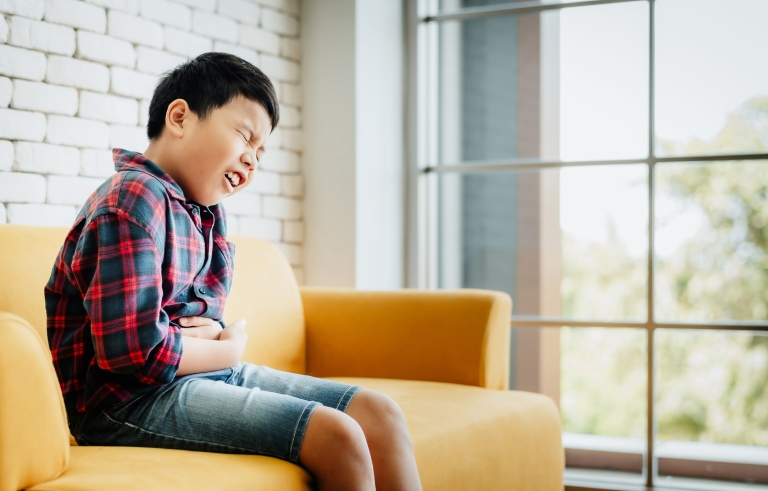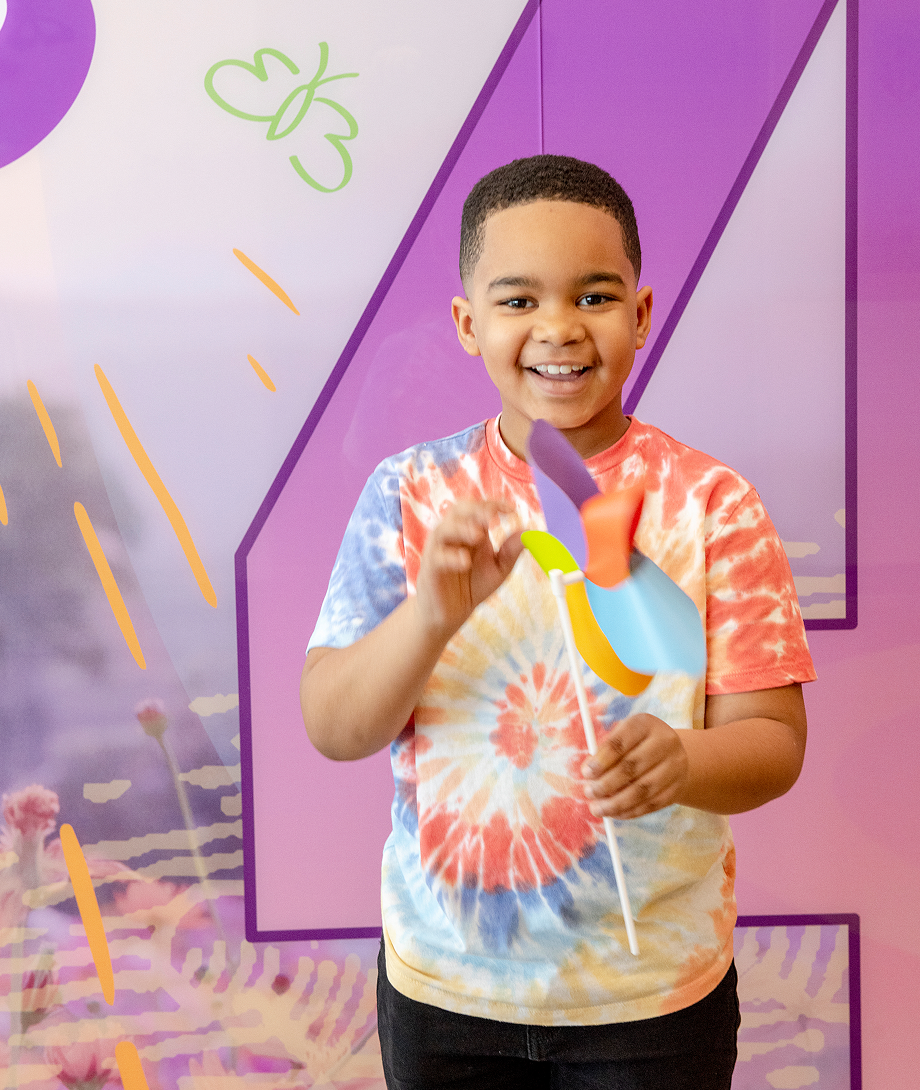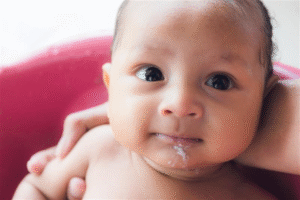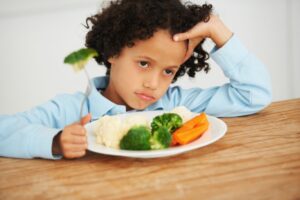when to be concerned about kidney stones in kids
Kidney stones are often thought of as a condition that only affects adults, but they can impact children, too. While relatively rare, kidney stones in kids are becoming more common. If your child complains of sharp pain in the side or back, has blood in their urine or suddenly starts urinating more often, it could be time to take a closer look. Understanding the causes, symptoms and treatment options for pediatric kidney stones can help you know when it’s time to call a urology specialist.

what are kidney stones?
Kidney stones are hard mineral and salt deposits that form inside the kidneys. They can be as small as a grain of sand or as large as a pebble. In children, they often form due to dehydration, dietary factors, certain medications or underlying health issues that affect the urinary tract.
While many stones pass on their own, larger ones can get stuck and cause pain, infection or more serious issues. Recognizing the signs of kidney stones early can lead to faster relief and prevent complications.
signs and symptoms of kidney stones in kids
Kidney stone symptoms can vary depending on the size and location of the stone. Here’s what to watch for in children:
- Sudden, severe pain in the back, side, abdomen or groin
- Painful urination
- Frequent or urgent need to pee
- Blood in the urine (may appear pink, red or brown)
- Nausea or vomiting
- Fever or chills (if an infection is present)
- Unexplained fussiness in toddlers or young kids
Sometimes, kids might not be able to describe their symptoms clearly. If your child seems unusually irritable or has abdominal pain that won’t go away, it’s worth checking in with your pediatrician or a pediatric urologist.
what causes kidney stones in children?
There isn’t always one clear reason a child develops kidney stones. Some common causes include:
- Dehydration: Not drinking enough water can cause urine to become concentrated, which makes it easier for minerals to form stones.
- Diet: Diets high in sodium, sugar and processed foods can increase the risk of kidney stones.
- Family history: If kidney stones run in your family, your child may be more likely to develop them.
- Medical conditions: Conditions like urinary tract infections, cystic kidney diseases or metabolic disorders can contribute to stone formation.
- Certain medications: Some medications may increase stone-forming substances in the urine.
how kidney stones are diagnosed and treated
If a kidney stone is suspected, your child’s pediatrician will likely order a urine test, blood test and imaging to confirm the diagnosis. Your pediatrician may refer you to a pediatric urologist for treatment. Treatment depends on the size, location and type of stone.
Treatment options may include:
- Hydration and monitoring: Small stones can sometimes pass on their own with increased fluid intake.
- Medication: Pain relievers or medications to relax the ureter and make it easier for stones to pass.
- Extracorporeal shock wave lithotripsy (ESWL): A non-invasive procedure that uses sound waves to break stones into smaller pieces.
- Ureteroscopy or surgery: In more severe cases, stones may be removed surgically.
Your child’s urologist may also recommend a follow-up plan to monitor for future stone formation and help prevent recurrence.
how to help prevent kidney stones
Prevention starts with healthy habits. If your child has had kidney stones or is at risk, here are some strategies to reduce the chance of recurrence:
- Encourage plenty of water: Aim for your child to drink enough to produce light yellow urine.
- Limit sodium intake: Too much salt in the diet can lead to more calcium in the urine.
- Watch protein and sugar levels: A balanced diet with whole foods can make a difference.
- Follow provider recommendations: This may include medications, dietary changes or routine monitoring.
For children with recurring stones, your pediatric urology team may conduct additional tests to understand the underlying cause and create a personalized prevention plan.
can kids grow out of kidney stones?
Some children may only experience kidney stones once, especially if the cause was temporary dehydration or illness. Others may have a higher risk of recurrence due to genetic or metabolic conditions.
That’s why early evaluation and management matter, especially if your child has more than one episode. A pediatric urologist can help determine the best course of action for long-term kidney health.
when to see a specialist
While some kidney stones can pass naturally with increased fluid intake and pain management, others require medical attention. Contact a pediatric urologist specialist if your child:
- Has recurring kidney stones
- Is unable to keep fluids down due to nausea or vomiting
- Experiences intense, ongoing pain
- Has blood in their urine
- Develops a fever or other signs of infection
- Has a known condition that could increase their risk of stones
A pediatric urology team can evaluate your child’s symptoms, run imaging tests like an ultrasound or CT scan, and determine the right next steps.
pediatric kidney stone treatment
Dealing with kidney stones can be overwhelming for both children and their caregivers. Having a trusted medical team that understands the unique needs of kids makes a big difference. From diagnosis to treatment and long-term care, our pediatric urology specialists are here to support your family every step of the way.
Our pediatric urology team provides expert care for children with kidney stones and other urinary concerns. We offer advanced diagnostics, minimally invasive treatments and customized care plans to help your child feel better and stay healthy. Schedule an appointment online or call 937-641-4000.
worried about a symptom? we’re here to help.
From everyday issues like coughs or pink eye to more serious concerns like diabetes or asthma, we help you understand what’s typical — and when to be concerned or find care now. Get expert guidance on your child’s symptoms and conditions from your trusted partner in pediatric care.




